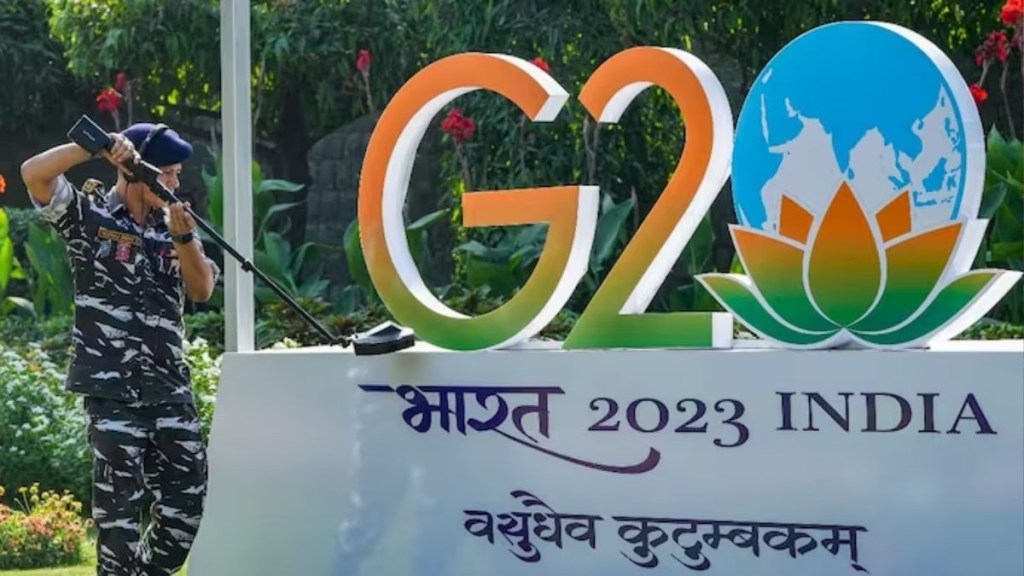By Priyansh Verma
With G20 New Delhi Leader’s Declaration emphasising the need for making the future cities inclusive, resilient, and sustainable, India’s plan to de-congest its large cities with creation of hundreds of new smart cities will get a a fillip.
The declaration endorsed the G20 Principles for Financing Cities of Tomorrow. The Declaration endorsed the G20/OECD (Organisation for Economic Cooperation and Development) report on Financing Cities of Tomorrow, which provides a financing strategy as well as presents several urban planning and financing models. The principles are of course voluntary and non-binding in nature.
The G20/OECD report proposed: shaping a new generation of strategic plans, such as master plans and national urban policies that accelerate a net zero transition in cities, formulating a regulatory environment for supporting private investment in cities, and strengthening engagement between different stakeholders including government agencies, the private sector, academia and civil society through consultations on new urban plans.
“We encourage stakeholders, including the Development Financial Institutions and the MDBs (multilateral development banks), to explore the potential of drawing upon these principles in their planning and financing of urban infrastructure wherever applicable and share experiences from early pilot cases,” the Leader’s Declaration said.
“We also note the customisable G20/ADB (Asian Development Bank) Framework on Capacity Building of Urban Administration to guide local governments in assessing and enhancing their overall institutional capacity for the effective delivery of public services. We note the ongoing pilot application of the voluntary and non-binding Quality Infrastructure Investment (QII) Indicators and look forward to further discussion on their application considering country circumstances,” it said.
The government has selected 100 cities across the country, under the Smart Cities mission, which aims is to promote cities that provide core infrastructure, clean and sustainable environment and give a decent quality of life to their citizens through the application of smart solutions. The mission was launched in June, 2015. As of September, work orders for 7,938 projects has been issued with a total sanction of Rs 1.71 trillion—under which work worth Rs 1.11 trln has been completed.

